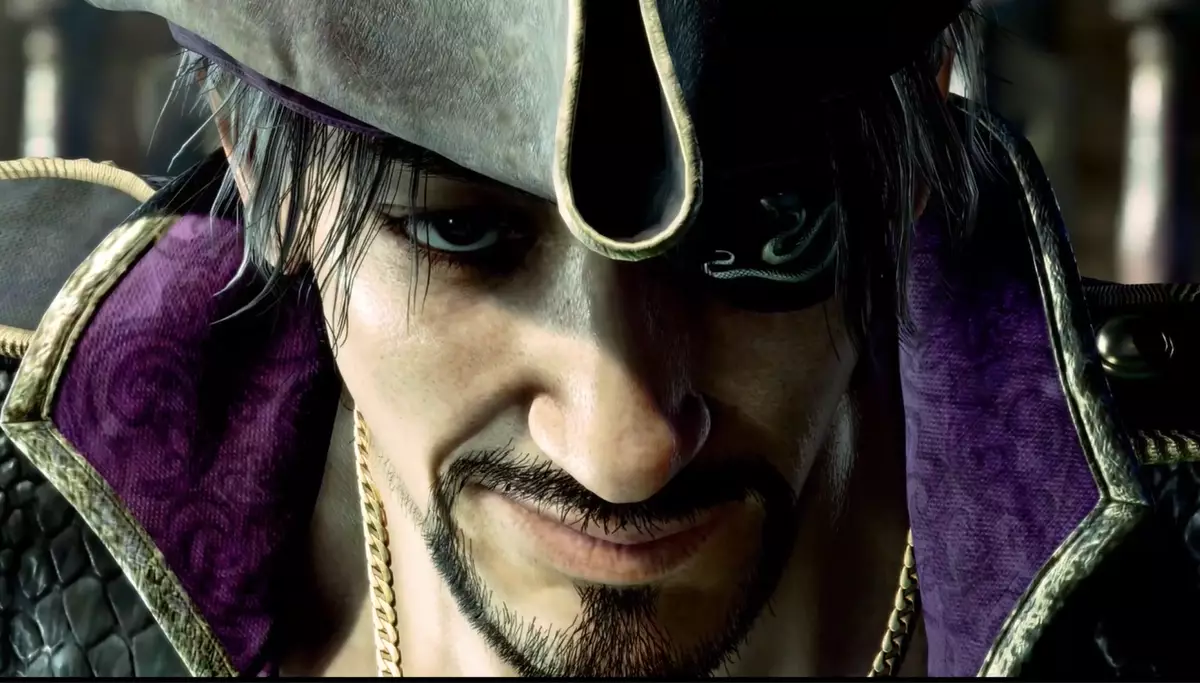The Like a Dragon series, more commonly known as the Yakuza series, has gained a reputation for its intricate storytelling and diverse gameplay mechanics. Technical director Yutaka Ito recently shared his insights on how this franchise continues to thrive, particularly emphasizing the benefit for new programmers joining the development team. The structure of each game relies heavily on collaboration and specialization, where a significant number of programmers—between 40 and 50—are divided into various sectors of the game such as combat, exploration, and minigames.
This strategic division allows teams to operate like independent modules, utilizing their specialized skills while focusing on their distinct areas of the project. Such a structure not only streamlines the development process but also fosters an environment of innovation. It enables programmers to select methods and tools that best fit their specific needs, contributing to fluid gameplay experiences that fans have come to expect from the series.
While it may seem that with numerous programmers working autonomously, a lack of oversight might hinder cohesiveness, Ito reassures that each section is led by its own supervisor. These leaders are pivotal in ensuring that the overall vision for the game remains intact. They facilitate communication between the various programming teams, allowing for feedback and alignment on the project’s objectives. This systematized approach helps maintain quality control while fostering creativity and innovation across the board.
Moreover, the autonomy given to different modules empowers programmers to take greater ownership of their work, leading to higher job satisfaction and motivation. The balance between independence and oversight seems to be a driving force behind the successful and consistent releases of new titles, ensuring that high production values are not sacrificed for quantity.
In the context of industry dynamics, Tomoaki Nakamura has also expressed encouragement for budding developers who join the Ryu Ga Gotoku (RGG) team. His words highlight the excitement that comes with having one’s name featured in game credits early in one’s career. The experience of contributing so significantly in a competitive industry can serve as a powerful motivator. For newcomers, the chance to work on a high-profile game in their second year demonstrates the studio’s commitment to nurturing talent.
The knowledge that the next title is always just around the corner adds to the thrill—embarking on a continuous journey that leads to personal and professional growth. This atmosphere not only fosters innovation but also cultivates future industry leaders who will carry the RGG legacy forward in years to come.
The strategic approach to programming in the Like a Dragon series acts as a blueprint for success, entwining specialization, leadership, and supportive growth for newcomers. By maximizing the strengths of their programming teams, the developers are equipped to produce large-scale, high-quality games consistently. The principles and practices established by the RGG team could serve as an inspiration, demonstrating that a well-structured yet flexible system can pave the way for sustained creativity and success in game development.

